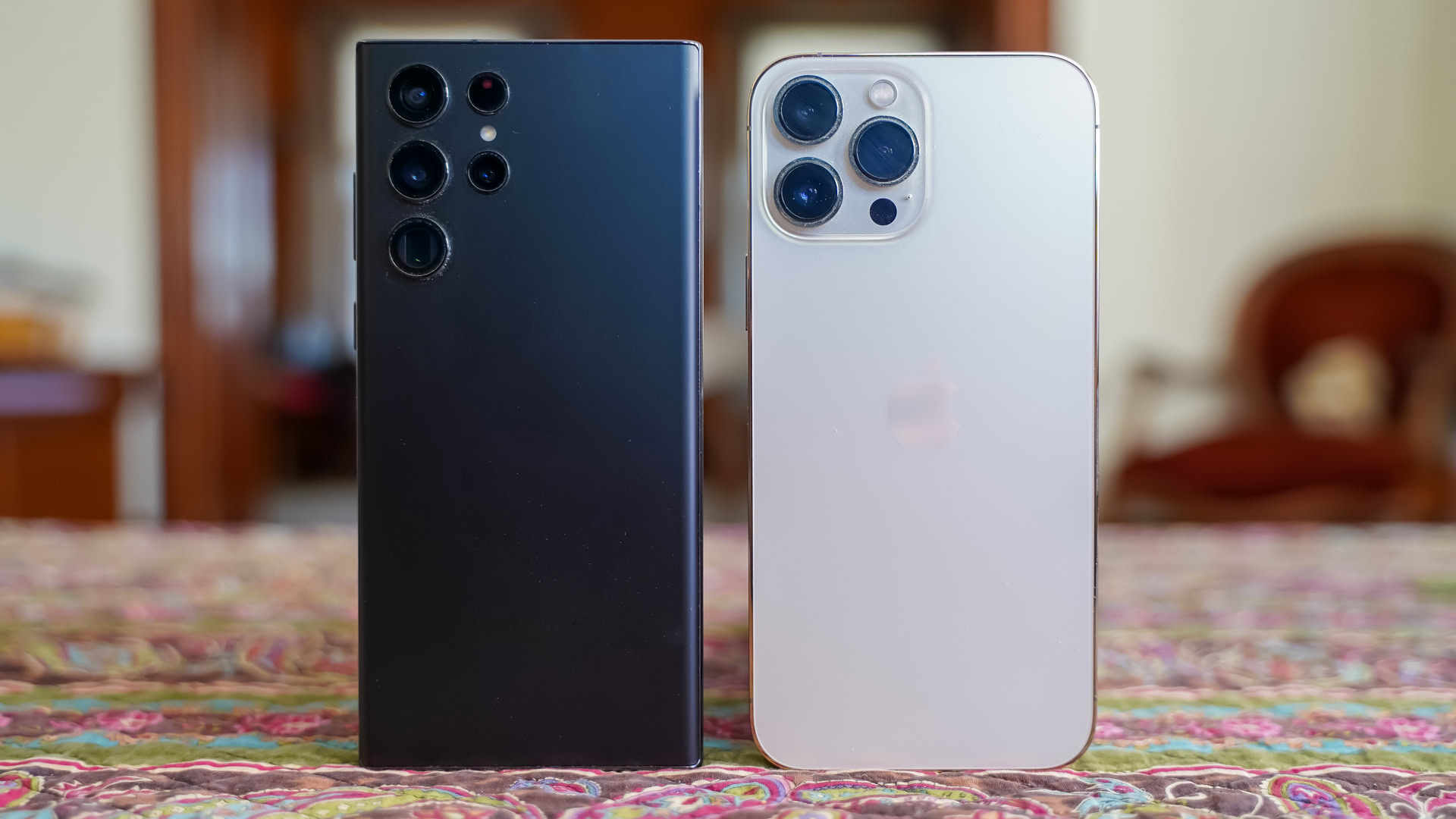
Eric Zeman / Android Authority
TL; DR
- All major Android manufacturers lost market share in Q1 2022.
- Apple was the only major smartphone maker to gain a share.
The first quarter of 2022 was not good for Android, with all major manufacturers losing market share. Meanwhile, Apple was the only smartphone maker to increase its share.
The latest report from IDC sheds light on the problems the smartphone market is experiencing and the toll it takes on their shipments. Between the global pandemic, supply chain problems and Russia’s invasion of Ukraine, the number of smartphones has dropped significantly. As a result, all major Android manufacturers have been affected, some significantly.
Also see: Samsung vs. Apple, i tal
Here are the five best smartphone providers’ changes in market share year-on-year:
- Samsung lost 1.2%
- Apple rose 2.2 percent.
- Xiaomi lost 17.8%
- Oppo lost 26.8%
- Vivo lost 27.7%
- Others lost 2.7%
In total, the industry shipped 314.1 million units in Q1 2022, down 8.9% from the 344.7 million units it shipped in Q1 2021. Interestingly, both Apple and Samsung received the overall trend. Apple was the only major manufacturer to experience growth in market share, while Samsung’s losses were orders of magnitude smaller than its competitors. IDC chalks this up to superior supply chain management on the part of both companies.
“Our research tells us that Samsung and Apple have navigated the supply chain situation a bit better than their competitors, and as a result, we’ve seen reduced orders from the next set of top OEMs,” writes Ryan Reith, Group Vice President of IDC’s Worldwide Mobile Device Tracking.
While the companies’ losses are worrying, IDC believes the numbers may not tell the whole story. Instead of really losing market share, the company believes that the demand for smartphones has simply been delayed, which means that the various companies can see a significant increase in their share in the coming quarters.
“We remain of the view that any diminished demand will not be lost, but rather pushed forward,” Reith continued. “It’s just a question of when demand will resume.”
